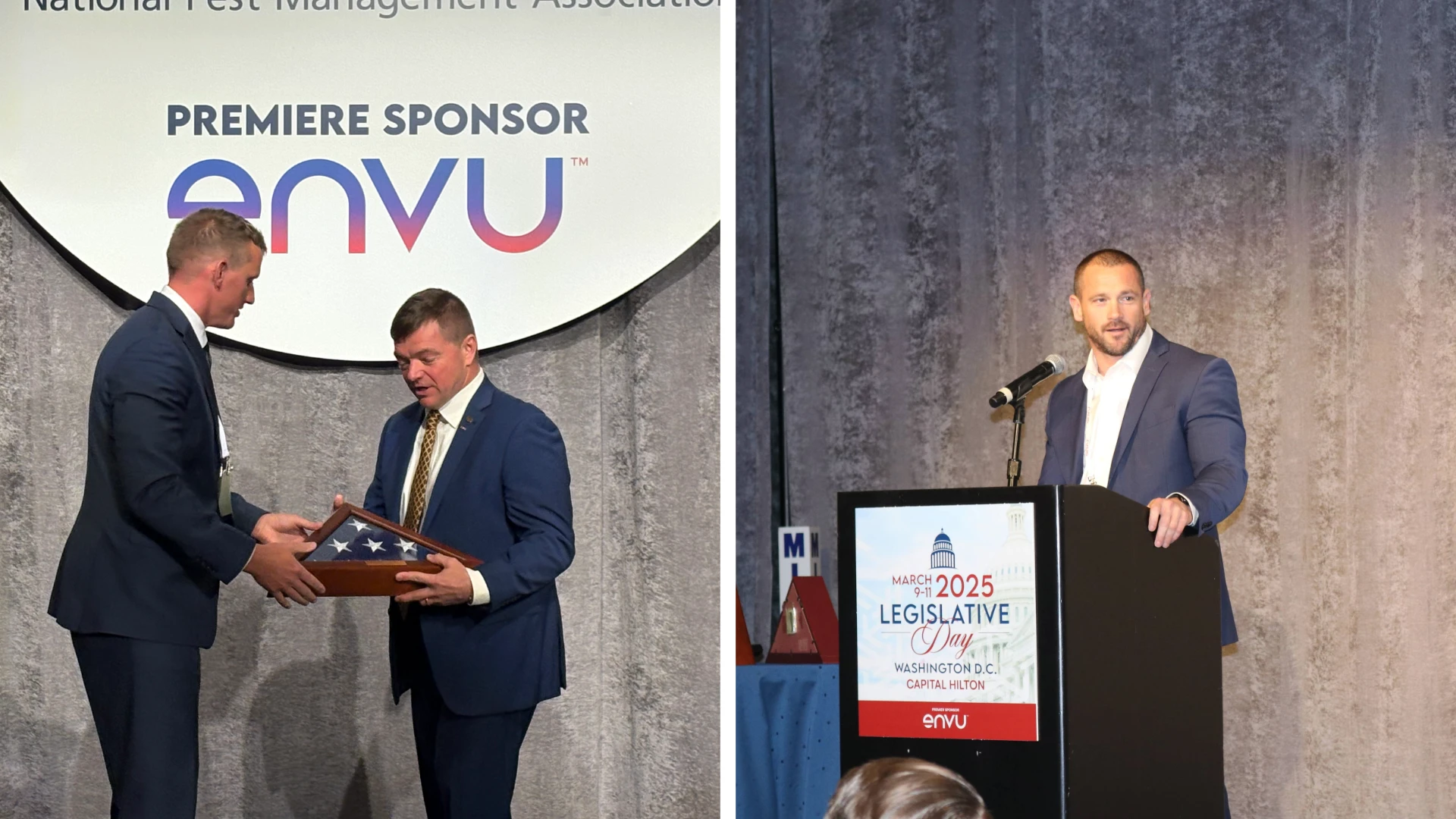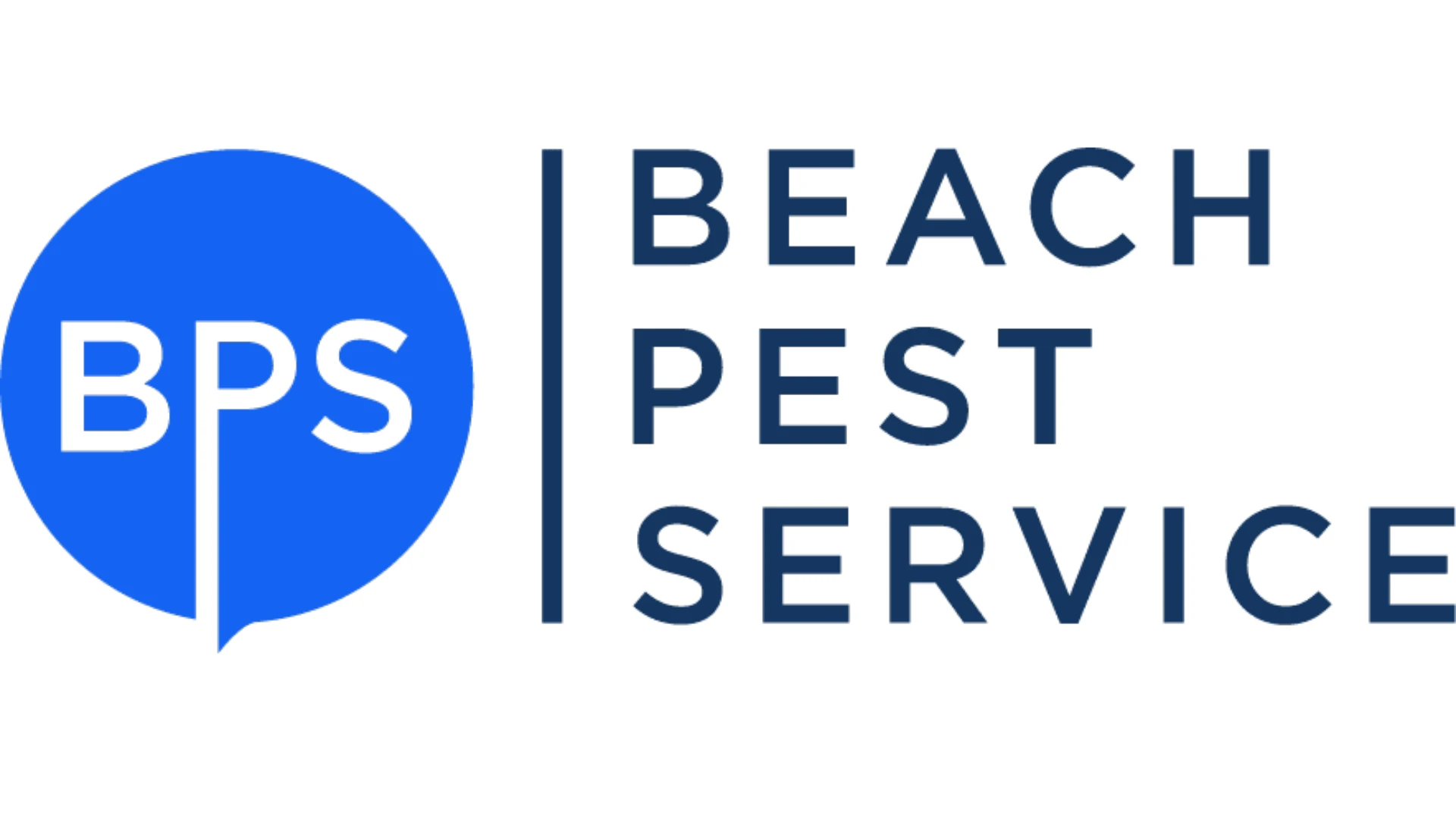If you were looking for a word to describe the activity taking place in Washington these days only one would apply reform. From the way public television is funded to how pesticide regulations are set, reform is the name of the game for the 104th Congress, and it is a game they're intent on winning.
Contributing to this enormous effort to change the way government conducts the business of regulation were more than 400 pest control industry professionals who travelled to our nation's capital to attend the 8th Annual National Pest Control Association (NPCA) Legislative Day, co-sponsored by FMC Corporation.
"Fostering involvement in the political process is a necessity for the structural pest control industry," said Larry Treleven, president of the NPCA. "It is important for the industry to be here spreading our message and making our position known."
At the heart of NPCA's legislative agenda in 1995 is support of the regulatory reform movement and the reauthorization of the Federal Insecticide, Fungicide and Rodenticide Act (FIFRA). Both issues are currently being played out in Congress, and industry support is essential if they are to have a chance to become law in the future.
"For the first time Congress's focus is on the economic impact regulations have on small businesses in the pest control industry, and not solely on the tools of our trade," said Mike Katz, chairman of the NPCA's Government Affairs Committee.
An important part of the reform movement for PCOs is to realize regulation itself is not a bad thing, and that they shouldn't falsely create an image with legislators that the industry is anti-regulation.
"Regulations have and will continue to be a part of our industry, and have in many instances been positive," said Robert Rosenberg, director of government affairs for the association. "Our mission in 1995 is to support the movement to change the way government develops regulations, and to ask that sound science, economic considerations and common sense be included in the regulatory process."
One of the speakers at the two-day event was Rep. David McIntosh, a member of the influential House Government Reform and Oversight Committee. McIntosh spoke of the current trend in Washington toward undisciplined, unchecked regulation, and cited as an example the fact that the Clinton Adminstration oversaw the adoption of 615 new regulations between the November elections and the opening of the 104th Congress in January.
"It is time for Congress to put an end to having regulations stop legitimate businesses from moving ahead," said McIntosh, a former economic and policy advisor to Presidents Reagan and Bush. "The administration will likely throw up roadblocks to the reform movement, but we plan on fighting with small business owners to bring fairness back to the regulatory process."
McIntosh predicted the regulatory reform movement will meet with resistance in the Senate, and that Democrats and some moderate Republicans will filibuster in an attempt to block the legislation (S. 219) from coming to the floor. "It is important for your industry to demonstrate to members of the Senate that passage of this legislation is important to your businesses," he added.
The highlight of Legislative Day has always been its impressive cadre of keynote speakers, and this year was no different. The controversial and outspoken McLaughlin Group took center stage at this year's event and entertained the crowd with an hourlong debate of Capitol Hill issues.
The group, which included John McLaughlin, Eleanor Clift, Clarence Page and Fred Barnes, debated the political future of the reform legislation before the Senate, and "agreed to disagree" about the outcome.
Barnes, senior editor of the New Republic, felt a scaled-down version of the reform legislation would make it through the Senate, and that President Clinton would sign it. On the other hand, Clift, a noted liberal, said she felt the legislation had only a 20% chance of making it out of the Senate, and that the whole issue had only a "superficial appeal."
McLaughlin, a staunch supporter of the Republican agenda, called the reform legislation "revolutionary," and said he felt the package had a 65% chance of passage in the Senate. Page, taking the role of the moderate, gave the legislation a 45% chance of heading down Pennsylvania Avenue to the White House.
Jeff Fenner is senior editor of Pest Control Technology magazine.

Explore the April 1995 Issue
Check out more from this issue and find your next story to read.
Latest from Pest Control Technology
- Understanding Rodents and Bird Flu
- Green Pest Solutions Awards Safest Driver New 2025 Ford F150
- UF/IFAS Sheds Light on Tiny Invaders During Termite Awareness Week
- Registration Open for Lawn & Landscape Technology Conference
- Fleetio Launches Automotive Service Excellence Scholarship
- WorkWave Appoints John Phelan as CTO
- PMPs Use Capitol Hill Visits to Push for Preemption
- 20 Trapping Tips





